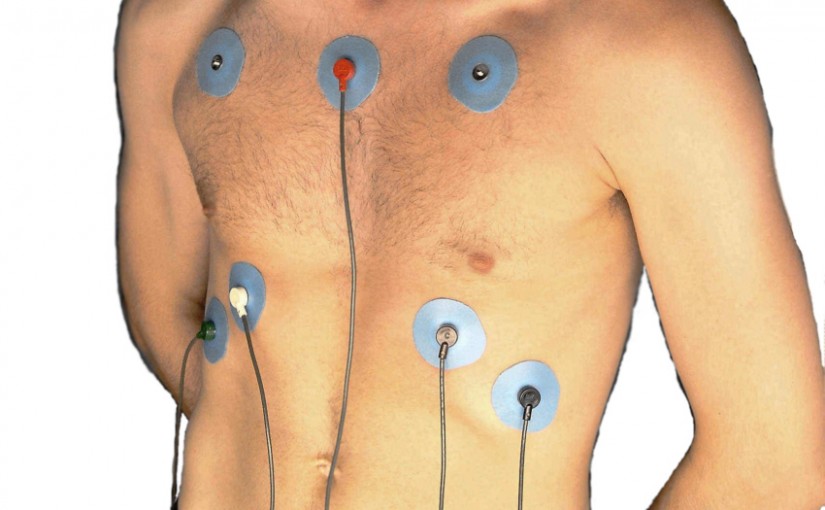Would you know if you were having a heart attack? Many people say that they would.
However, when it happens, they dismiss the very early warning symptoms as such innocuous things as indigestion, food poisoning, or even a harmless stomach bug. They find out only too late that what they mistook for harmless is actually much more serious and far less treatable than if they had gone to see a physician back when symptoms first presented themselves. As a further quandary, the symptoms of a heart attack differ depending on your sex, as well as other factors such as preexisting heart disease, age, and whether or not you are diabetic. Furthermore, not all those symptoms occur with every heart attack. This article will briefly discuss the symptoms of heart attack, so that you can be better informed and can detect the earliest warning signs in yourself or a loved one, and possibly even save a life.
Chest Pain and Discomfort
The most common symptoms of a heart attack are chest pain and discomfort. These are the ones that most people are familiar with, as they appear often on television and in movies. However, the chest pain and discomfort associated with a heart attack do not have to be the crushing, debilitating pain so often depicted. In fact, if you are a woman or a diabetic, the chest pain may be mild or even nonexistent. The pain, however, is usually concentrated in the center or left side of the chest and may not always feel like pain as most people think of it. Some people report fullness, pressure, squeezing or even indigestion. The feeling usually lasts for more than a few moments, or goes away and comes back.
Upper Body Discomfort
People who are having a heart attack may also feel pain in other areas of the upper body as well, such as the back and shoulders. Other areas of discomfort have also been reported. These include one or both arms, the jaw, neck, and stomach above the belly button. If you are a woman having a heart attack, pain is more likely to be in your neck, jaw and shoulders than if you are a man.
Shortness of Breath
Shortness of breath is another common symptom of a heart attack. It actually may be your only warning sign or occur along with chest pain and discomfort. It can occur when you are resting, or if you are doing a bit of light physical activity that would not normally cause you to become winded. All shortness of breath and chest pain that are out of the ordinary should be checked out by your physician as a safety measure. It is much better to be safe than sorry in this situation. This way, you may prevent a heart attack or get help in the early stages when it is treatable. And if it is not a heart attack, at least you will know what is really going on.
Other Symptoms
Though the three symptoms listed above are the most common symptoms of heart attack, they are most certainly not the only ones. For example, if you break out in a sudden cold sweat, it could be a warning sign of a heart attack. If you are concerned, please call your physician or a hospital, especially if the cold sweat is accompanied by chest pain. Feeling tired for no reason is another reason to contact a physician, especially if it lasts for days and you are a woman. Some heart attacks have symptoms that can seem totally innocuous. These include light-headedness, nausea, vomiting and changes in severity of symptoms that you already have, if you have another heart condition.
Heart attacks are a real risk they take many lives every day, and most people do not know all the symptoms. Fortunately, now that you have read this article, you do. This knowledge will allow you to detect a heart attack much more quickly as you will not take the signs and symptoms for granted. Who knows? Your new-found knowledge may even save a life. That life you save might even be your own.

Leave a Reply
You must be logged in to post a comment.